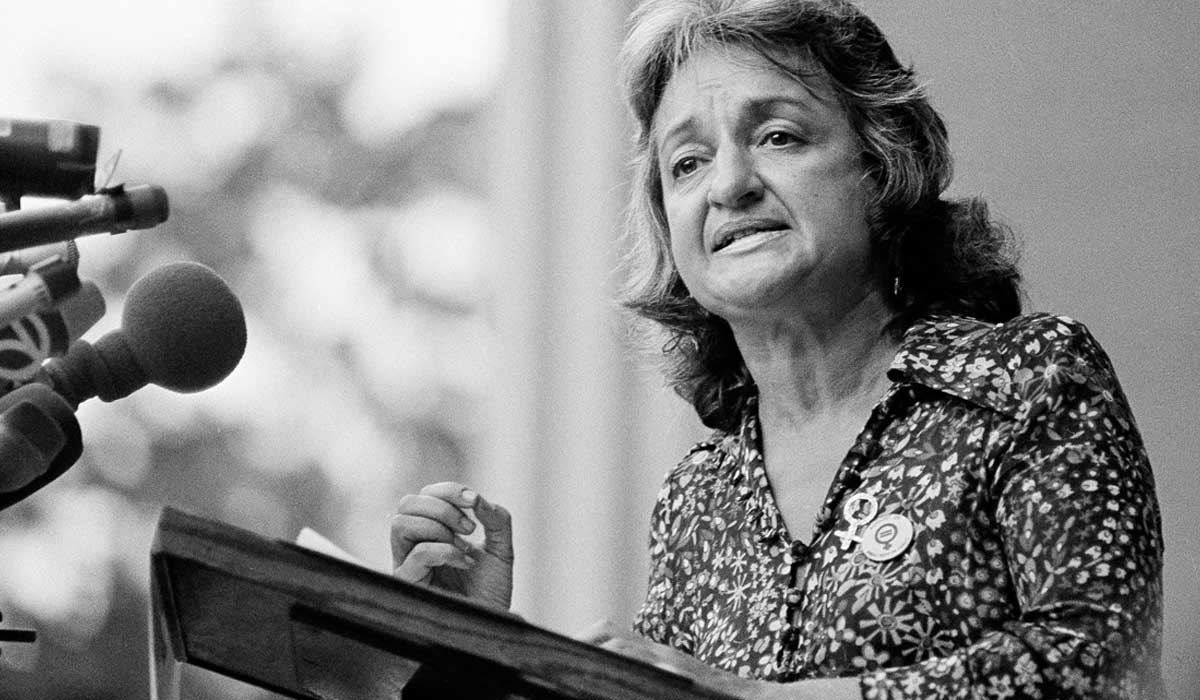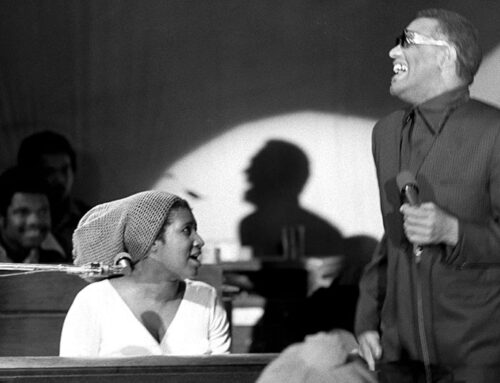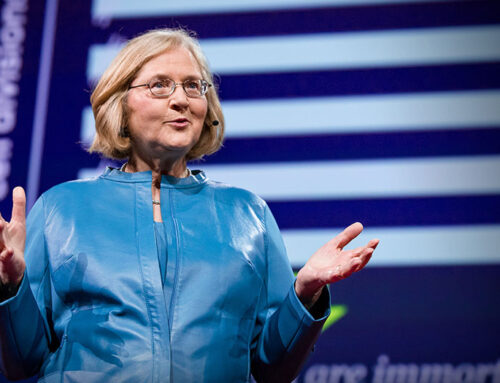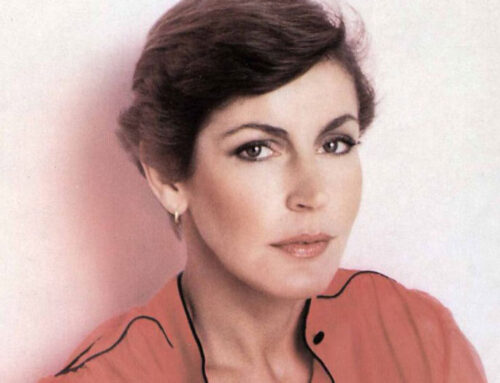A leading figure in the women’s movement in the United States, Betty Friedan’s 1963 book The Feminine Mystique is often credited with sparking the second wave of American feminism in the 20th century.
The “Problem That Has No Name” was described by Friedan in the beginning of the book:
“The problem lay buried, unspoken, for many years in the minds of American women. It was a strange stirring, a sense of dissatisfaction, a yearning [that is, a longing] that women suffered in the middle of the 20th century in the United States. Each suburban [house]wife struggled with it alone. As she made the beds, shopped for groceries … she was afraid to ask even of herself the silent question — ‘Is this all?”
Born on 4 February, 1921, Friedan asserted that women are as capable as men for any type of work or any career path against arguments to the contrary by the mass media, educators and psychologists.
The restrictions of the 1950s, and the trapped, imprisoned feeling of many women forced into these roles, spoke to American women who soon began attending consciousness-raising sessions and lobbying for the reform of oppressive laws and social views that restricted women.
In 1966, Friedan founded and was elected the first president of the National Organization for Women (NOW), which aimed to bring women “into the mainstream of American society now [in] fully equal partnership with men”.
In 1970, after stepping down as NOW’s first president, Friedan organised the nationwide Women’s Strike for Equality on August 26, the 50th anniversary of the Nineteenth Amendment to the United States Constitution granting women the right to vote. The national strike was successful beyond expectations in broadening the feminist movement; the march led by Friedan in New York City alone attracted over 50,000 women and men.
In 1971, Friedan joined other leading feminists to establish the National Women’s Political Caucus. Friedan was also a strong supporter of the proposed Equal Rights Amendment to the United States Constitution in the early 1970s.
Regarded as an influential author and intellectual in the United States, Friedan remained active in politics and advocacy for the rest of her life, authoring six books. She died on 4 February, 2006.
“The shores are strewn with the casualties of the feminine mystique. They did give up their own education to put their husbands through college, and then, maybe against their own wishes, ten or fifteen years later, they were left in the lurch by divorce. The strongest were able to cope more or less well, but it wasn’t that easy for a woman of forty-five or fifty to move ahead in a profession and make a new life for herself and her children or herself alone.”
RELATED ARTICLE: “Feminine Mystique” at 50 – If Betty Friedan Could See Us Now – by Caryl Rivers




